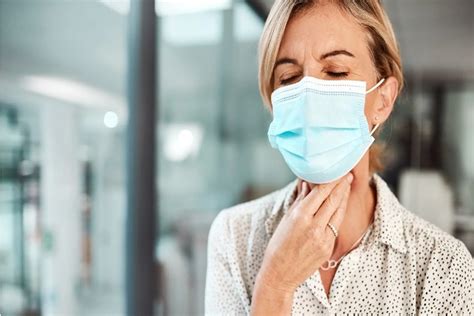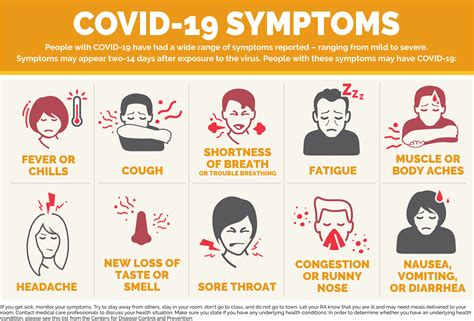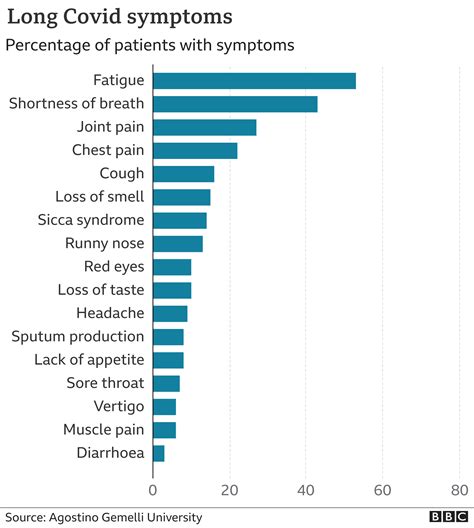Intro
Covid-19 can cause sore throat symptoms, including dry cough, hoarseness, and throat pain, due to viral infection, inflammation, and respiratory issues.
The COVID-19 pandemic has brought about a multitude of symptoms and health concerns that have affected people worldwide. One of the most common symptoms of COVID-19 is a sore throat, which can range from mild to severe. A sore throat can be caused by various factors, including viral and bacterial infections, allergies, and environmental factors. However, when it comes to COVID-19, a sore throat is often one of the first symptoms to appear, and it can be a challenging and uncomfortable experience for those affected.
The importance of understanding the relationship between COVID-19 and sore throats cannot be overstated. As the pandemic continues to evolve, it is crucial to recognize the symptoms and take necessary precautions to prevent the spread of the virus. A sore throat can be a warning sign of a more severe infection, and it is essential to seek medical attention if symptoms persist or worsen over time. Furthermore, understanding the causes and risk factors associated with COVID-19-related sore throats can help individuals take proactive steps to protect themselves and their loved ones.
The COVID-19 virus attacks the respiratory system, causing inflammation and irritation in the throat, leading to a sore throat. The virus can also cause a range of other symptoms, including fever, cough, and shortness of breath. In some cases, a sore throat can be the only symptom of COVID-19, making it essential to be aware of the other signs and symptoms of the virus. As researchers and healthcare professionals continue to study the virus and its effects on the human body, it is becoming increasingly clear that a sore throat is a significant symptom of COVID-19 that should not be ignored.
Covid-19 and Sore Throat: What's the Connection?

Risk Factors for Covid-19-related Sore Throats
Certain individuals may be more at risk of developing a sore throat due to COVID-19, including: * Older adults * Young children * People with underlying health conditions, such as diabetes or heart disease * People with weakened immune systems, such as those with HIV/AIDS or undergoing chemotherapy * People who are pregnant or breastfeeding It is essential to note that anyone can develop a sore throat due to COVID-19, regardless of their age or health status. If you are experiencing symptoms of COVID-19, including a sore throat, it is crucial to seek medical attention and follow the recommended guidelines for testing and treatment.Symptoms of Covid-19-related Sore Throats

Treatment Options for Covid-19-related Sore Throats
Treatment for COVID-19-related sore throats typically involves a combination of self-care measures and medical treatment. Self-care measures may include: * Staying hydrated by drinking plenty of fluids * Resting and avoiding strenuous activities * Using a humidifier to add moisture to the air * Gargling with salt water to reduce inflammation * Taking over-the-counter pain relievers, such as acetaminophen or ibuprofen Medical treatment may include: * Antiviral medications, such as oseltamivir or lopinavir/ritonavir * Antibiotics, if a bacterial infection is suspected * Corticosteroids, to reduce inflammation and swelling * Oxygen therapy, if shortness of breath or low oxygen levels are presentPrevention Strategies for Covid-19-related Sore Throats

Covid-19 Vaccination and Sore Throats
The COVID-19 vaccine has been shown to be highly effective in preventing severe illness and hospitalization due to COVID-19. While the vaccine may not completely eliminate the risk of developing a sore throat, it can significantly reduce the severity and duration of symptoms. It is essential to follow the recommended vaccination schedule and to consult with a healthcare professional if you have any questions or concerns about the vaccine.Long-term Effects of Covid-19-related Sore Throats

Managing Covid-19-related Sore Throats in the Long Term
Managing COVID-19-related sore throats in the long term involves a combination of self-care measures and medical treatment. Some strategies for managing long-term symptoms may include: * Continuing to practice good hygiene and prevention strategies * Staying up-to-date on recommended vaccinations * Avoiding irritants, such as smoke or pollution * Using a humidifier to add moisture to the air * Taking over-the-counter pain relievers, such as acetaminophen or ibuprofen, as directed * Consulting with a healthcare professional for ongoing care and managementCovid-19-related Sore Throats in Special Populations

Covid-19-related Sore Throats in Children
Children can develop COVID-19-related sore throats, and it is essential to seek medical attention if symptoms persist or worsen over time. Some signs and symptoms of COVID-19 in children may include: * Fever or chills * Cough or sore throat * Runny nose or congestion * Headache or fatigue * Muscle or body aches * Loss of appetite or vomiting * Diarrhea or stomach pain It is crucial to consult with a healthcare professional for guidance on managing symptoms and preventing complications in children.Future Directions for Covid-19-related Sore Throats

Conclusion and Final Thoughts
In conclusion, COVID-19-related sore throats are a significant concern that requires attention and action. By understanding the causes, symptoms, and risk factors associated with COVID-19-related sore throats, individuals can take proactive steps to reduce their risk of infection and seek medical attention if symptoms persist or worsen over time. Ongoing research and development of new treatments and prevention strategies will be crucial in managing and preventing COVID-19-related sore throats in the future.What are the symptoms of COVID-19-related sore throats?
+The symptoms of COVID-19-related sore throats may include a sore or scratchy throat, pain or discomfort when swallowing, hoarseness or a raspy voice, coughing or sneezing, runny nose or congestion, fever or chills, headache or fatigue, and muscle or body aches.
How can I prevent COVID-19-related sore throats?
+Preventing COVID-19-related sore throats involves taking proactive steps to reduce the risk of infection, such as practicing good hygiene, avoiding close contact with people who are sick, wearing a face mask in public places, staying up-to-date on recommended vaccinations, and avoiding sharing personal items.
What are the long-term effects of COVID-19-related sore throats?
+The long-term effects of COVID-19-related sore throats are not yet fully understood and are still being researched. However, some potential long-term effects may include chronic sore throat or throat pain, hoarseness or voice changes, difficulty swallowing or eating, respiratory problems, and increased risk of developing other respiratory infections.
How can I manage COVID-19-related sore throats in the long term?
+Managing COVID-19-related sore throats in the long term involves a combination of self-care measures and medical treatment. Some strategies for managing long-term symptoms may include continuing to practice good hygiene and prevention strategies, staying up-to-date on recommended vaccinations, avoiding irritants, using a humidifier to add moisture to the air, taking over-the-counter pain relievers as directed, and consulting with a healthcare professional for ongoing care and management.
What are the future directions for COVID-19-related sore throats?
+The future directions for COVID-19-related sore throats involve ongoing research and development of new treatments and prevention strategies. Some potential areas of focus may include developing more effective and targeted treatments, improving vaccination strategies, enhancing public health measures, developing more accurate and rapid diagnostic tests, and investigating the long-term effects of COVID-19-related sore throats.
